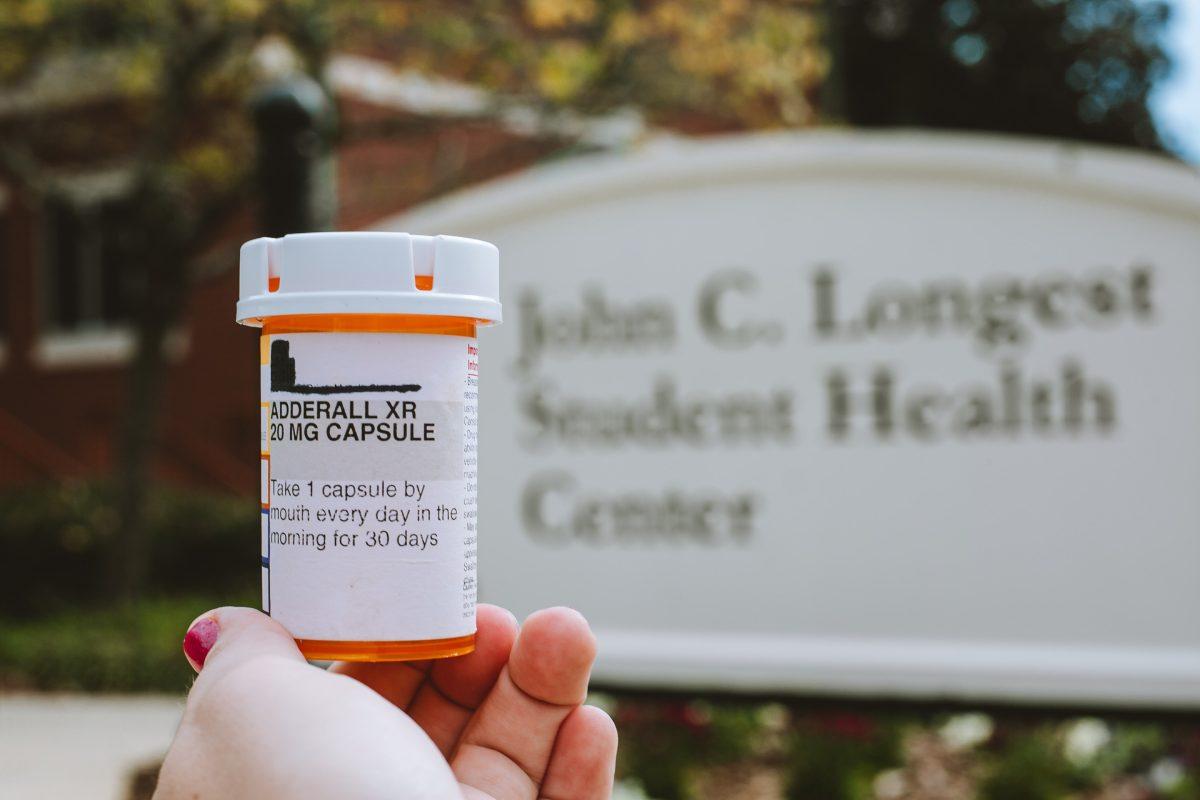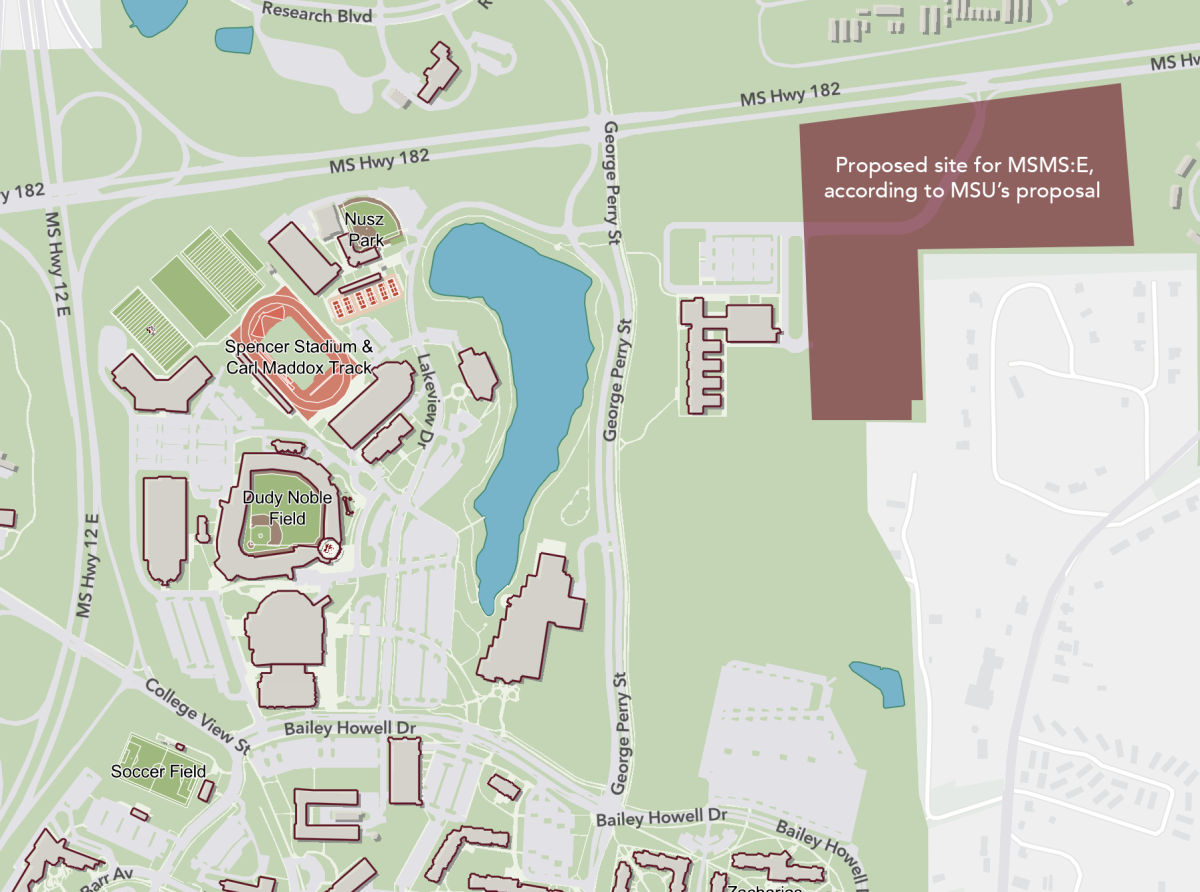On Oct. 12, the FDA officially announced a nationwide shortage in immediate release Adderall, a stimulant used to treat Attention-Deficit/Hyperactivity Disorder (ADHD).
The National Center for Biotechnology Information reported that around 25% of college students with disabilities are diagnosed with ADHD, many of whom are reliant on some form of ADHD medication.
Students diagnosed with ADHD at Mississippi State University are also affected by the shortage. Douglas Turner, freshman majoring in psychology, said he has struggled with maintaining focus and motivation throughout his classes.
“I have been prescribed Adderall on and off for a few years. This is my first year of college, so I have been taking my prescription to help me with focusing during class and staying zoned in on my assignments and grades,” Turner said.
Turner said there was a vast difference between the way he functions with and without his prescription.
“My ADHD has been affecting me greatly since I was little. There is a big difference in the way I function without my prescription, and I am literally unable to focus on one thing without forgetting about it or turning it into something else,” Turner said.
Students like Turner who are reliant on the drug are now scrambling to find another alternative.
Alternative stimulants — some with different side effects and prices — have been prescribed to ADHD patients. Turner is taking an alternative to Adderall with a lengthy list of side effects. He said he has been struggling to adjust to the medication change.
“The shortage has caused my prescriber to shift me to a different dose of an alternative that affects me completely different than the Adderall I am used to. I am not sleeping as well as I was. I am having trouble with motivation and forgetfulness. Overall, I am struggling,” Turner said.
Turner has noticed a difference in the price of his new medication in addition to differing effects.
“The alternative my doctor put me on is also more expensive than what I normally take, meaning that my finances are being affected as well. The shortage has affected my daily life,” Turner said.
Cynthia Sanders, an English professor at EMCC, has had students with ADHD in her class. She explained how prescription regulation was important for these students’ academic progress.
“Any time pharmaceuticals experience a shortage, patients suffer. Those who struggle with ADHD are affected both mentally and physically, and these effects can substantially sabotage a person’s life. Students who are used to relying on Adderall to complete assignments and participate in class will struggle tremendously without it,” Sanders said.
The Disability Resource Center (DRC) has worked as an on-campus resource to offer non-medical solutions to ADHD students who are having trouble obtaining their Adderall prescriptions. The DRC can help students with testing accommodations, organizational skills and time management.
Micah White, associate director of the Disability Resource Center at MSU, described his view on the shortage.
“If the students can’t get their prescription, it will have an effect on their ability to think they can do classwork on their own. Eventually, they will have to figure out a way to find a medicine or solution that can work without the medicine to get the information right,” White said.
Niall Cook, an associate with the DRC, described the possible financial impacts and changes in patients’ health caused by the shortage on ADHD patients.
“Basic, immediate release Adderall is fairly inexpensive. Some of these others, like Vyvanse or Concerta and a few others, are more expensive. The disruptive period of switching medications is also bound to cause issues, as patients will not respond of all medications the same,” Cook said.
While ADHD is known to hinder a patient’s ability to stay attentive, Sanders said ADHD can affect every aspect of someone’s life.
“No area of an ADHD student’s life will go unaffected if they are not treated for their symptoms,” Sanders said.
While the shortage affects many students on campus, Turner wanted to remind people to be considerate of ADHD students who may be struggling.
“ADHD is sometimes misunderstood. People don’t realize that things like anxiety, depression, panic attacks and personality disorders go hand and hand with well-known symptoms of being distracted. When ADHD goes untreated, we struggle in our personal life too,” Turner said.
Adderall shortage calls for substitute of prescriptions
Due to the nationwide shortage, individuals with Adderall prescriptions have been receiving substitutes like Vyvanse and Concerta.
About the Contributor

Lizzie Tomlin, Staff Writer
Lizzie Tomlin is a senior political science major. Lizzie is currently a staff writer for The Reflector.
0
Donate to The Reflector
Your donation will support the student journalists of Mississippi State University. Your contribution will allow us to purchase equipment and cover our annual website hosting costs.
More to Discover




















